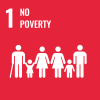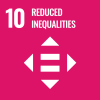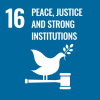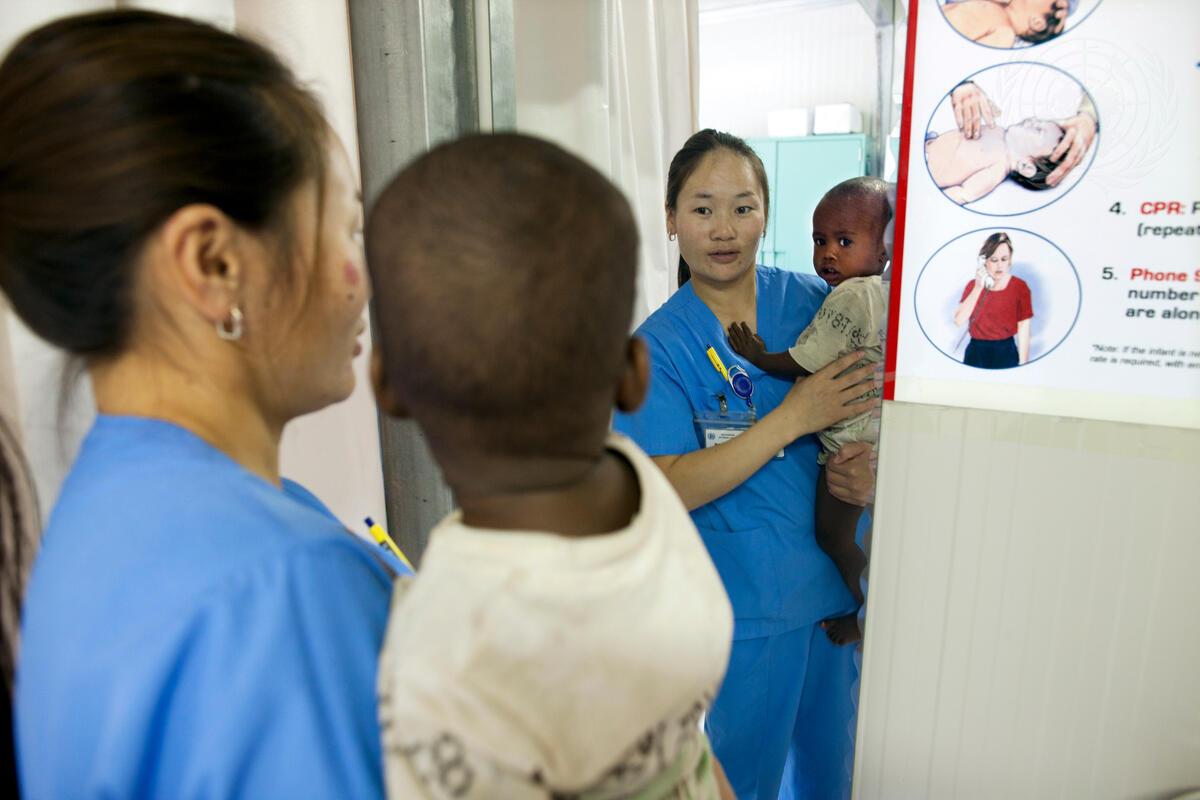
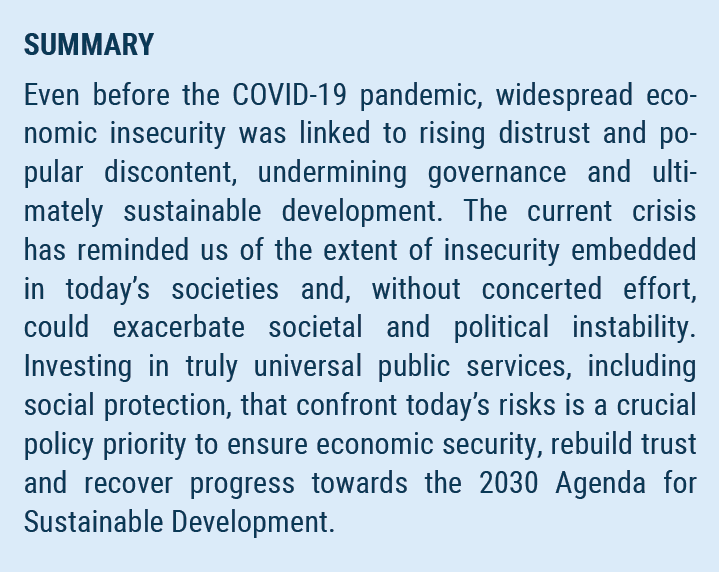 Introduction
Introduction
The pursuit of economic security has long been a core theme underlying the demands of social and political movements across the globe. From the Industrial Revolution in the late 1800s to the global financial crisis of 2008, widespread economic insecurity has been associated with societal and political instability and popular discontent. Indeed, most government spending, from health insurance to pensions, is designed to address economic insecurity in one form or another. Today, the COVID-19 crisis has served as a reminder of the extent of economic insecurity, even in countries and among groups that previously considered themselves secure. This is likely to have profound consequences, threatening countries’ ability to achieve the 2030 Agenda for Sustainable Development and its SDGs.
Economic insecurity, distrust and populism
Economic insecurity affects citizens’ policy preferences, including support for specific political parties and leaders, and even attitudes towards the role of government itself, according to recent research in developed countries. Traditionally, economic worries and the experience of economic shocks have created support for government policies that buffer the relevant risk, such as expanding social protection systems. However, there is evidence that many of today’s economically insecure groups are experiencing rising insecurity about their position in society— that is, their socio-economic or cultural status relative to other groups. This same evidence suggests that insecurity about one’s position or relative status in society is weakening support among these groups for redistributive economic and social policies. Mistrust or explicit rejection of “out-groups”—including migrants and members of ethnic minorities—is used as a mobilizing political factor among these groups. Political parties that stress in-group/out-group distinctions and amplify potential threats to an individual’s economic or cultural status see increased support. In the context of growing risks, including from COVID-19, climate change and technological innovation, Governments may consider placing a greater focus on threats to economic security while acknowledging concerns about changing social status. There is also growing evidence that recent economic insecurity has eroded public trust in political institutions and political leaders, producing widespread discontent. In Europe, rising economic insecurity has been linked to a decline in trust toward the European Union. In the United States, people who perceive themselves as economically insecure have lower levels of political trust than their more secure peers. In a way, economic insecurity violates the social contract: the implicit agreement between the State and its citizens based on the sacrifice of some freedoms in exchange for physical and economic security. If the State does not provide this sense of safety, people can withdraw from their civic obligations too. In this context, perceived political “outsiders” or populists may have been rewarded for expressing contempt for established political institutions and threatening to disrupt the status quo. Research from Europe and the US suggests that support for populist political parties and candidates—and a corresponding decline in trust in traditional parties—is indeed attributable to rising economic insecurity. In the absence of swift policy action to address economic insecurity, its politically destabilizing effects are also likely to be exacerbated as a result of the COVID-19 crisis. In responding to the crisis, countries have a crucial chance to reverse the creeping tide of economic insecurity and rebuild political trust. Many Governments have already deployed huge fiscal resources to protect people from deep economic losses and reduce precarity. Countries that continue to step up to meet these challenges will be better placed to weather future shocks, build political legitimacy and support sustainable development. Some developing countries will certainly need international support in order to do so.
Economic security, governance and investing in truly universal public services
In his Nelson Mandela Lecture of July 2020, the UN Secretary General proposed a “new social contract” to address the impacts of the pandemic and the widespread discontent that preceded it. The provision of universal and dependable public services enjoyed by everyone on an equal and impartial basis is a fundamental part of this contract and a crucial element of the 2030 Agenda for Sustainable Development. Public services should respond to the basic needs of citizens, help correct critical market failures and, when delivered broadly and with quality, engender justice, promote stability and in all likelihood improve public trust in the State. As such, they are a crucial link between governance and economic security. However, even in countries where public services and social protection systems are considered comprehensive, individuals still face unacceptable levels of risk. Changes in the world of work have undermined traditional single employer-based social insurance schemes. Physical, administrative and technological barriers— from discrimination to remoteness to lack of internet access— continue to leave disadvantaged groups critically underserved by health, education and other services. Indeed, these gaps not only hurt those individuals who lack coverage or access but also heighten risks for societies as whole, as the COVID-19 pandemic has exposed. The current crisis, however, represents a chance for Governments and other stakeholders to rethink old models and invest in truly universal systems that enhance economic security. New forms of social protection that adequately cover informal workers, migrant workers, or those with nonstandard contracts, for instance, will be an increasingly important component of universal systems. Some countries are already experimenting with innovative social protection schemes that better reflect risks embedded in today’s labour markets, including in COVID-19 responses. Agile programmes should automatically scale-up in response to systemic shocks, such as pandemics or climate- related emergencies. Early evidence from pandemic responses in Latin America has also shown that even in countries with less than universal coverage, existing social protection programmes can be scaled up quickly, with the potential to provide a quick boost to trust in public institutions. These innovative components must build on solid foundations. Cross-country research has time and again shown that universal social protection programmes, such as old-age pensions and child benefits that provide adequate support across the lifecycle, are crucial for ensuring people’s economic security. This has been demonstrated again recently, as those countries with already robust social protection systems have been best able to weather the storm of the COVID-19 crisis. Access to education, health, transport, housing and other public services has long promoted both individual resilience and political legitimacy for Governments. How ever, to provide a platform for a lifetime of productive and secure employment, education systems must provide indemand skills and training, robust pathways to the labour market for all, as well as opportunities for life-long learning. Healthcare systems that provide universal access to quality basic services are the first line of defense against poverty, especially in the face of a global pandemic. Indeed, lack of healthcare is frequently cited as the main driver of economic insecurity across countries and unforeseen healthcare expenses are the most common cause of impoverishment. Healthcare systems that utilize new technologies, including telehealth, to bridge delivery gaps will be increasingly essential. These changes are, of course, ambitious and require substantial investment. Mobilizing domestic and international resources will be crucial. Nonetheless the State exists, at least in part, to keep its citizens safe, including by enhancing citizens’ economic security. This imperative has rarely been so acute as in the face of today’s crisis. Economic insecurity is a threat to sustainable development. It poses challenges to governance, the functioning of the State and its institutions, through impacts on trust and political stability. Widespread economic insecurity, for instance, will likely thwart the aspiration for poverty eradication (SDG1) and “peaceful and inclusive societies” (SDG16). COVID-19 has highlighted the extent of insecurity present today and is likely to increase poverty and inequalities, threatening to weaken State legitimacy in the eyes of many citizens. Investing in truly universal public services is a fundamental part of a new social contract for a fairer, less precarious future.
 Welcome to the United Nations
Welcome to the United Nations
